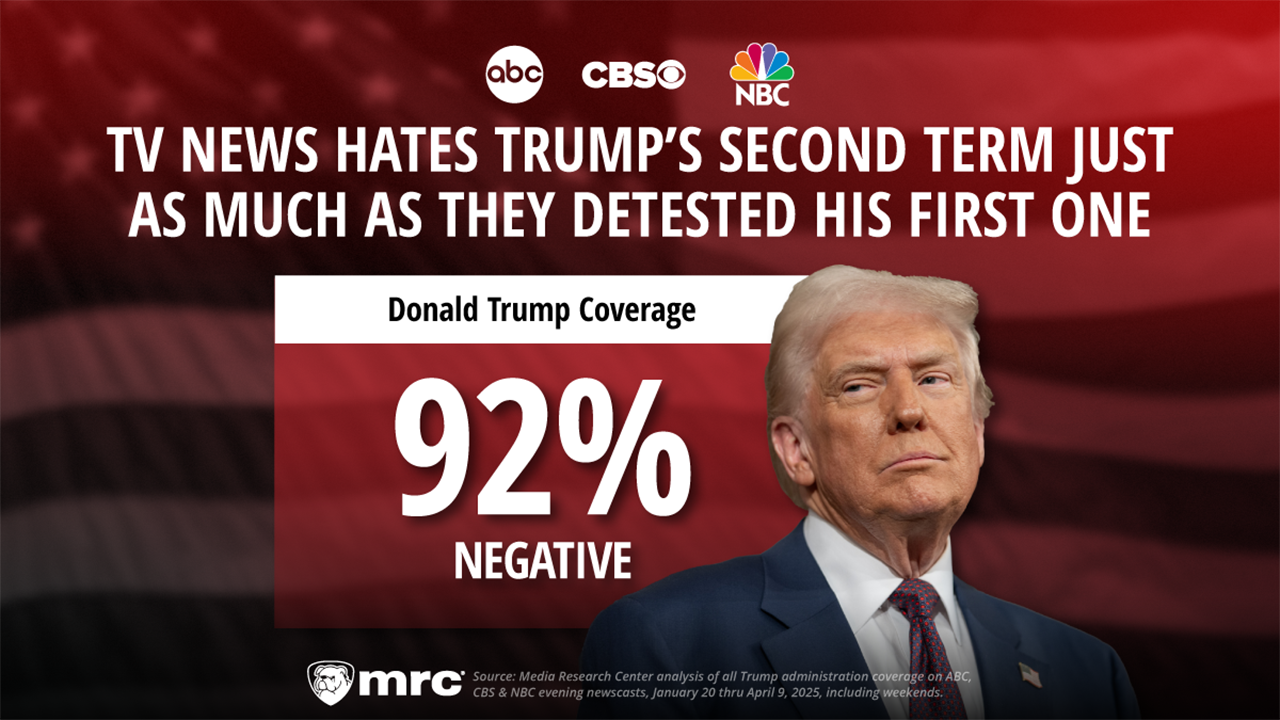Just like anything good in life, learning how to be smart with money comes down to our habits. Thankfully, not only is it possible to break bad habits, it’s also possible to become financially disciplined with the right strategies in place.
Read Next: I’m a Financial Advisor: My Wealthiest Clients All Do These 3 Things
Try This: The New Retirement Problem Boomers Are Facing
Read below for expert-recommended ways to go about it.
According to Nischay Rawal, certified public accountant (CPA) and founder of NR Tax & Consulting, one strategy that works well is setting clear, attainable goals.
“I advise clients to break down their financial goals into smaller, manageable steps. For example, instead of saying ‘I want to save more,’ specify ‘I’ll save $200 a month,'” he advised.
He said this approach not only makes goals less daunting but also provides a psychological boost as each milestone is achieved.
Budgeting is another effective tool, said Rawal.
“I often recommend clients to review their monthly income and expenses to pinpoint areas where they can cut back.”
He recommended using tools like budgeting apps to track your spending habits and adjust accordingly.
“I’ve witnessed clients who initially struggled with overspending find success by setting spending limits in specific categories, like dining or entertainment, and sticking to them,” he said.
Learn More: Fidelity Says This Is a Surprising Risk of Holding Too Much Cash — Do You Have Too Much?
A powerful technique Rawal uses involves accountability.
“Sharing your financial goals with a trusted friend or advisor can help keep you on track,” he said. “During consultations, I emphasize the importance of discussing progress and challenges openly.”
He said this method has led many clients to develop better habits by receiving regular feedback and encouragement, reinforcing their commitment to change.
“Setting up future-dated transactions for nonessential purchases is one method that I frequently suggest,” said Angelo Crocco, CPA and owner of AC Accounting.
For this, he advised planning ahead seven days before making any nonessential purchase.
“You now have some breathing room. You may discover that the impulse to buy subsides during that week.”
He explained it’s not about saying no forever; it’s about giving yourself time to think it over.
“This minor adjustment can encourage more deliberate spending by breaking the pattern of impulse buying,” he said.
Establishing a “no-tech zone” to make financial decisions is another helpful strategy.
.png)
 German (DE)
German (DE)  English (US)
English (US)  Spanish (ES)
Spanish (ES)  French (FR)
French (FR)  Hindi (IN)
Hindi (IN)  Italian (IT)
Italian (IT)  Russian (RU)
Russian (RU) 








Comments